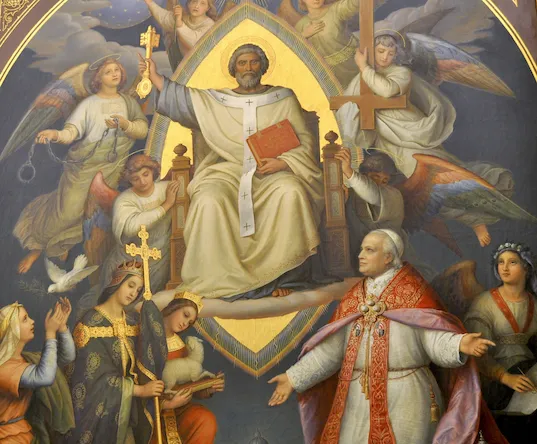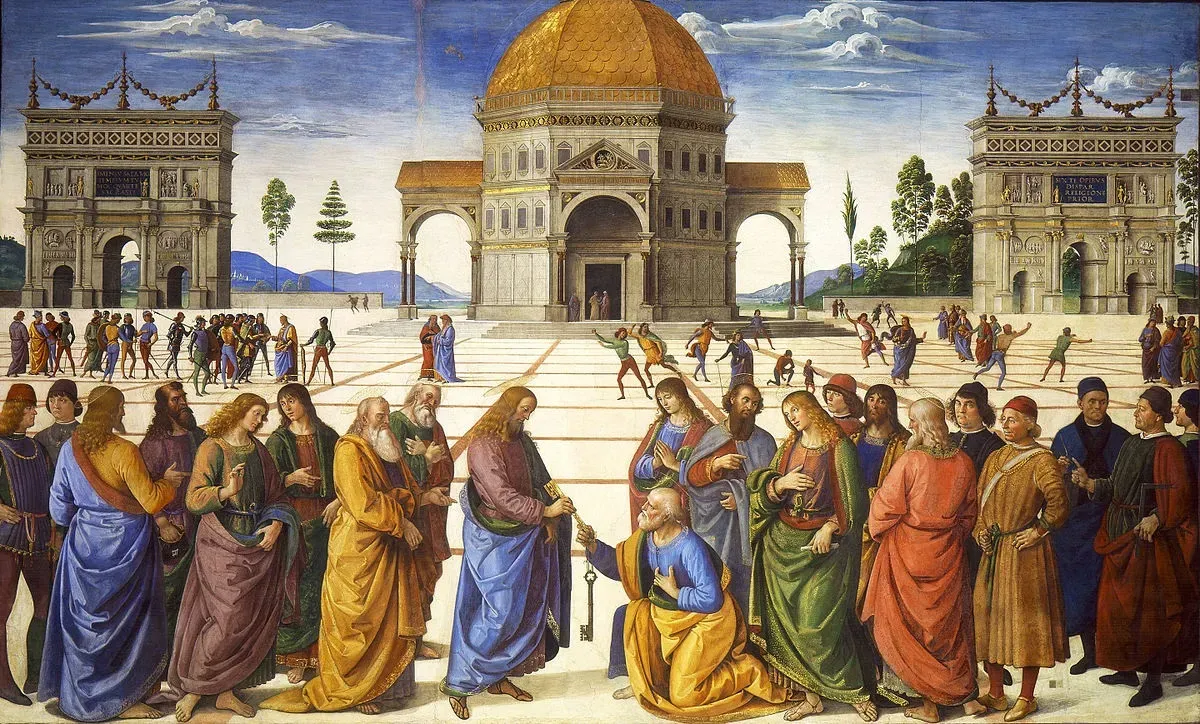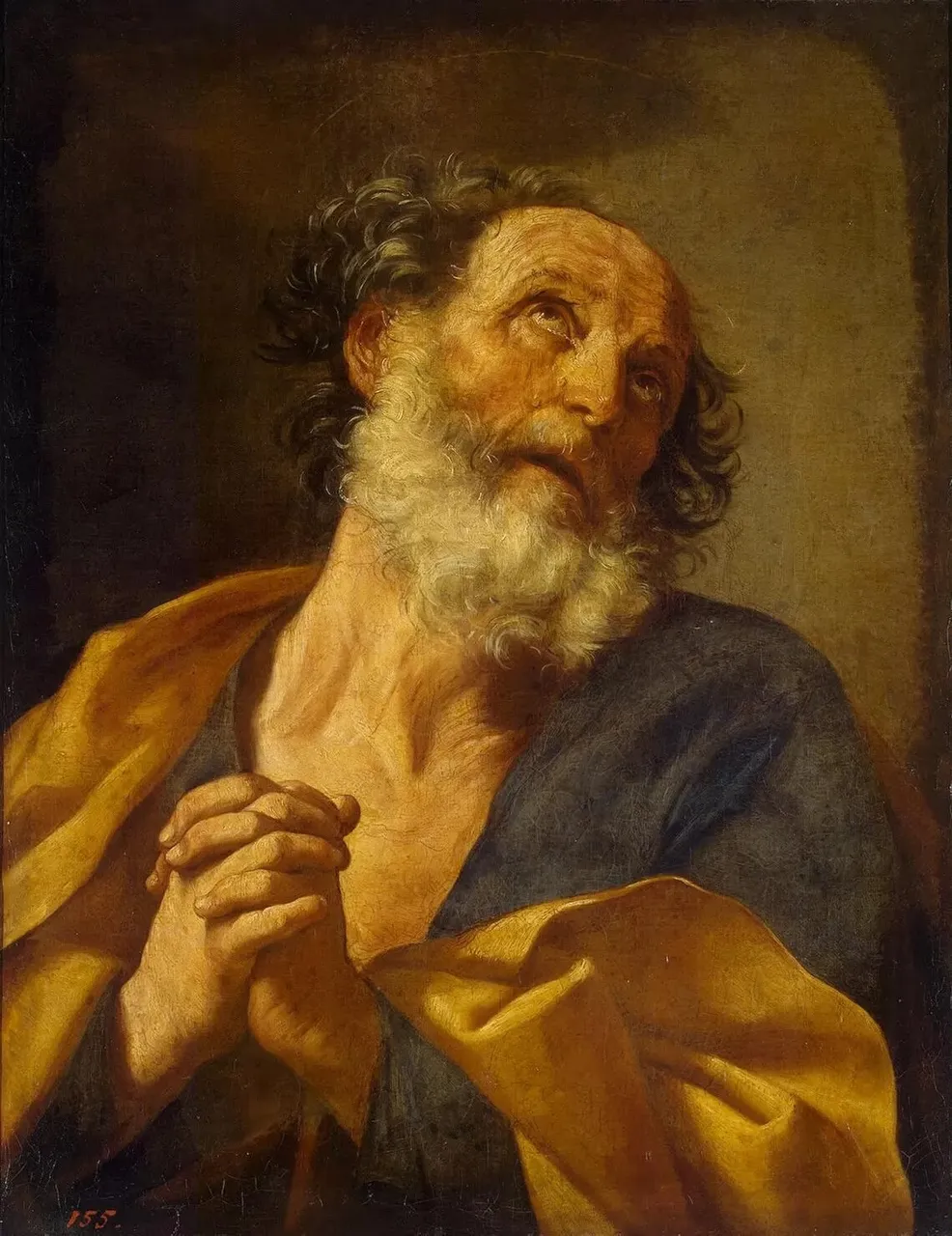The dogma of papal infallibility is one of the issues that provoke the most reactions about the Catholic Church, mainly from those who oppose it.

Image Source
This often comes from misunderstanding what the Catholic Church means by papal infallibility.
Generally, the most common mistake regarding this issue is confusing infallibility with impeccability. Because the Pope has the gift of infallibility, he can only make mistakes in some things he does or says. Nevertheless, that is different from how it works and what infallibility means.
Let us start by understanding what infallibility is NOT:
As already said, infallibility could be impeccable.
The Pope is a human being who can make mistakes and sins like any of us. The exercise of free will in Christian Theology is applicable to EVERYONE; therefore, everyone, including the Pope, must be free to accept or reject Christ for themselves.

Christ Giving the Keys to Saint Peter by Pietro Perugino - Image Source
If God made the Pope infallible in the total sense of the word, He would be depriving him of his free will. Therefore, there is no guarantee that Popes will not sin or set a bad example. Some Popes lived scandalously.
Happily, the number of Popes who were Saints is much greater, but even if there were terrible Popes, this does not exclude the fact that they were endowed with the gift of infallibility.
Therefore, as we will understand later, there are well-defined criteria for the Pope to exercise his infallibility. Infallibility is linked to his position and not his person.
Another essential point is that papal infallibility does not mean divine inspiration.
It is incorrect to think that because of infallibility, Popes are automatically given an extraordinary power or grace that helps them teach infallibly. This needs to be clarified with inspiration.

Saint Peter's Repentance by Guido Reni - Image Source
This issue is understood more easily when we realize that while inspiration gives information, infallibility protects the information.
Infallibility does not provide the Pope with the information he needs to teach. That comes from his efforts to study and understand the deposit of the Faith.
However, it does guarantee that when he formally teaches the doctrines of the Faith, he will do so without committing heresy.
The only Pope who was inspired and received direct Revelation from God to be given to the entire Church was the Apostle Saint Peter.
Everyone else who followed Peter and sat in his chair had to teach the hard way: by studying and learning first and only then being able to teach.
To be continued...
Bibliography; History of the Popes by Dr. Agostino Saba and Carlo Castiglioni

Follow me on Twitter